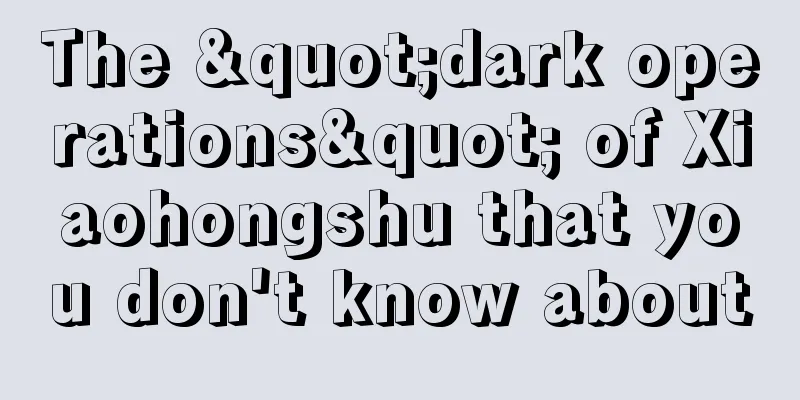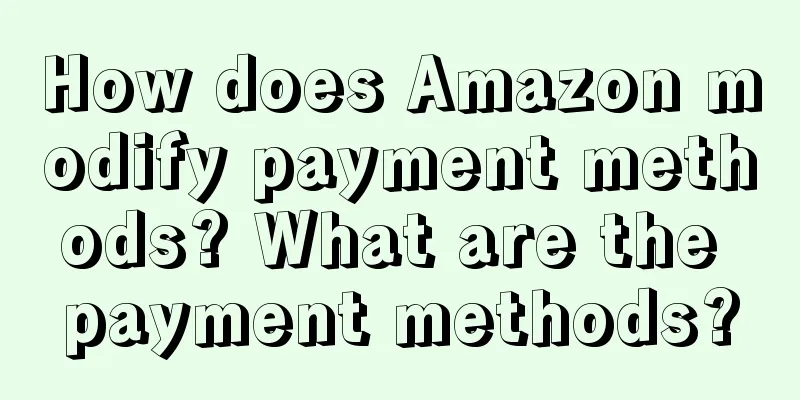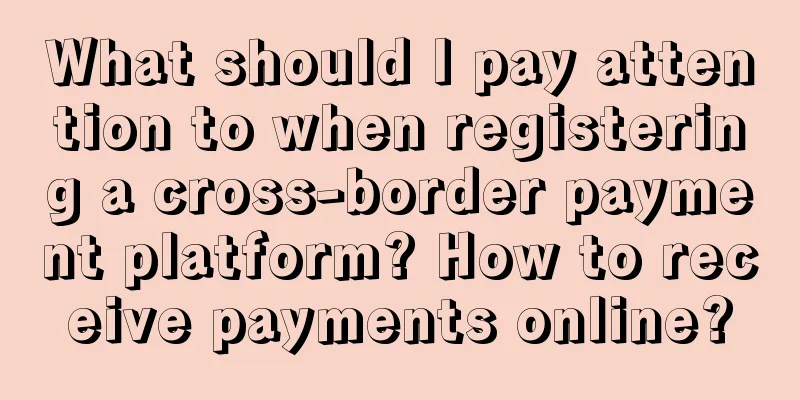WeChat finally came to its senses: removing the threshold for users to leave messages on public accounts and no longer forcing users to follow
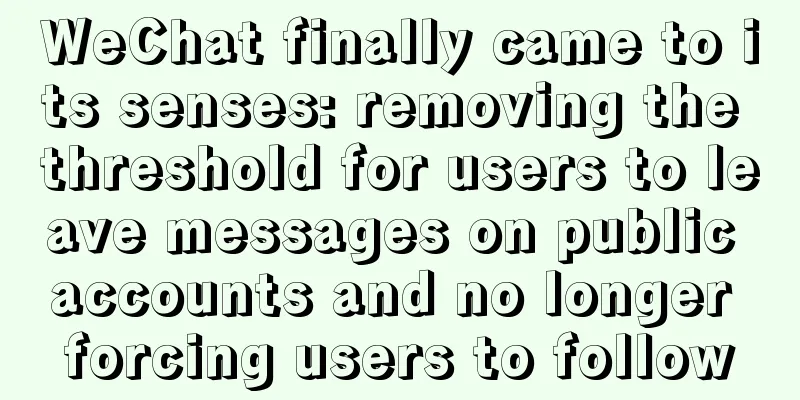
I believe many netizens have had the same experience as me. When they come across an article on a public account, they want to leave a comment, but they encounter the "roadblock" set by WeChat: "You can leave a comment only after following for 7 days." The enthusiasm for leaving comments is blocked by WeChat's high threshold. Or, the author of the public account has set "You can leave a comment only after following", and you originally just want to comment, but you are forced to follow the account before you can leave a comment. The strong subscription relationship of WeChat official accounts has deeply attracted content creators. The reason why many content creators still attach importance to WeChat official accounts is that they value the "iron fans" of WeChat official accounts. Although there are many fans on other platforms, their value is obviously not as great as that of WeChat official accounts. WeChat's public platform's inclination towards content creators has also caused it to lose the rights of users. Now, WeChat has finally come to its senses: it has removed the threshold for users to leave messages on public accounts and no longer requires users to follow. A few days ago, the WeChat public platform issued a notice saying: To improve the user experience, the public platform will no longer support the setting of "Only after following/7 days can you leave a message". At the same time, a new function of "sort by follow time" is added to view messages. The purpose of WeChat public platform doing this is very clear, that is, to lower the threshold for users to leave comments and interact, and to increase the activity of content. In fact, in major news and information products, comments and interactions are all very important. A certain platform has captured the minds of users with high-quality "comments". Many times, the value of comments in the message area is even greater than the article itself. For example, the comment sections of basketball NBA and football games are often more exciting. The high threshold previously set by WeChat public accounts certainly took into account the rights and interests of content creators, but it also lost the treasure trove of "the excitement in the comment section." Then, some people may ask, after the public platform takes down the "follow/7 days after following" function, will the comment area be completely messed up? This will not happen. The public account author can still set up selected comments in the background. For some comments that are not friendly, the author can choose not to set them up for selection, so that they cannot be displayed on the front end and other users cannot see them. The official account has also made some micro-innovations: users can see the time the other party has followed and the number of times the user has left a message on the official account in the message area. This will help the author judge whether the other party is a pure "troll" or a rational speaker. For the message sender, WeChat also reflects the platform's importance. When a user leaves a message in the background of a WeChat public account and receives more comments, interactions or likes, the system will send a push notification in the "Service Notification" section, which further deepens the user's enthusiasm for commenting. Although WeChat has been slow to pay attention to the comment section, in WeChat's huge traffic pool, as long as the function is released, the subsequent value and influence will obviously continue to expand. According to Guo Jing's observations in the Internet circle, WeChat's removal of the threshold for users to leave messages on public accounts is another continuation of WeChat's recent efforts to increase its attention to the public account ecosystem. Previously, WeChat public accounts have completely moved towards personalized recommendations and support for modifying titles, which are actually improving and enhancing the WeChat public account ecosystem. Initially, WeChat's removal of the threshold for users to leave comments on public accounts may reduce the number of followers, but if you look closely, this forced following behavior is in itself anti-human or very "sly" . If users want to follow the author, they will naturally follow him. Users do not want to follow the account, but have to follow it because of the "threshold" for leaving comments. How sticky can such a subscription-following relationship be? When WeChat public accounts first became popular, public account managers would use all sorts of methods to attract users’ attention, especially some corporate accounts, which would do anything to attract users. For example, users had to follow the WeChat public account before they could order food at a restaurant. This slightly compulsory behavior could certainly increase the number of followers of the account, but how useful would it be? If they don’t come to your house for dinner, it’s useless no matter how much you force them to follow you. Even now, this phenomenon of forcing users to follow accounts still exists. The book "Yu Jun's Product Methodology" mentioned that products are the medium for users to exchange value. Official account authors can actually regard their own graphic content as a product. So, what kind of value can it provide to users? This may be a point that WeChat official account authors should consider. With all the changes that WeChat public accounts have made today, no one would have known how big a splash the industry would have made before 2015. However, today the content industry is flourishing, with many platforms for users to create, and the creative media are more diversified, not just pictures and texts. Short video creators have long stolen the limelight from pictures and texts, and young people have begun their creations in the audio field. Some actions of WeChat public platform are really too slow! But I still say that as long as WeChat public accounts are still within the WeChat super app, its traffic pool is still there, and creators can get certain "bonuses". Zhang Xiaolong once said that WeChat is not restrained, and there is no word "restraint" in the dictionary. He emphasized: "(We) are just adhering to the principles of good products." In the past, the WeChat public platform was creator-oriented, but now the public accounts are user-oriented. These are two different routes. For creators, whether you actively accept it or not, you have already passively entered this torrent. It is possible that the article you worked hard to write will be read by only a few dozen people, or it is also possible that the article you casually wrote will become a hit with 100,000+ views. For users, the threshold for leaving comments on public accounts is definitely a big benefit. Commenting and following are two different relationships. Why force it? Perhaps, in the future, we can also see various "magic posts" in the message area of WeChat public accounts. The “comment section is more exciting” on WeChat public accounts is coming. Author: Guo Jing WeChat public account: Guo Jing's Internet Circle |
<<: A formal way to quickly increase sales on Xiaohongshu
Recommend
What are the payment methods of Amazon? How to use Amazon to shop in mainland China?
As one of the world's largest e-commerce platf...
There are no winners in the drinking water price war
This summer, Nongfu Spring ignited a price war in ...
When eating barbecue, I saw the doubts of old brands
In the new era, users have changed, and their need...
What are the cross-border payment platforms? What are their advantages?
Now when doing cross-border e-commerce, everyone n...
Taobao Live’s mentality has changed
Behind the model of connecting and getting along w...
What should I do if Amazon has no traffic after the new product period?
On Amazon, the best time to get traffic is when ne...
Why do I say that Shopee cross-border e-commerce really hurts me? What are its advantages and disadvantages?
Why do I say that Shopee's cross-border e-comm...
What does foreign trade inventory mean? How to deal with it?
Foreign trade refers to foreign trade, which can b...
How to earn 30% more by "serving dishes to different people"? The logic behind the huge profits of user profile income stratification
As e-commerce competition becomes increasingly fie...
The road to improving the capabilities of product managers and operations begins with becoming a member of the Qidian Classroom!
The Internet industry is a rapidly changing and hi...
An alternative reflection on Zibo barbecue
Before and after the May Day holiday, the city of ...
Amazon opens Buy with Prime service to all merchants in the US
Amazon recently announced that it will open its Bu...
How should I choose products when I first start selling them on Amazon?
It is easy to register an Amazon store, but it is ...
Interesting advertisements for the first half of 2024
In an era where all kinds of advertising and marke...
How to advertise at zero cost
In this article, the author selected the well-know...
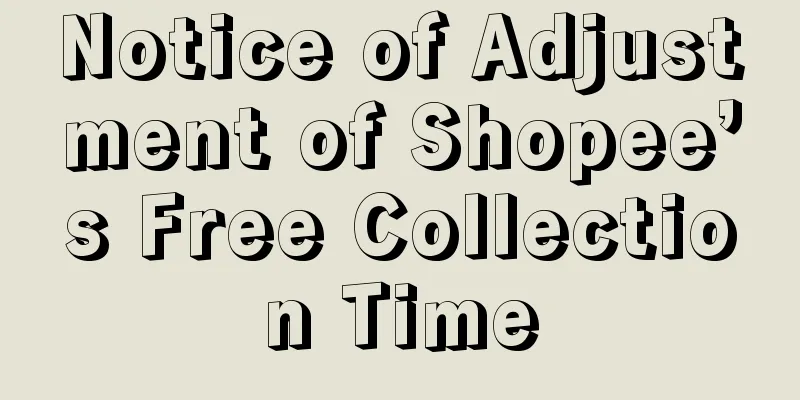


![Complete! [Business Analysis Model] Construction Guide](/upload/images/67e6d9c17cd10.webp)
